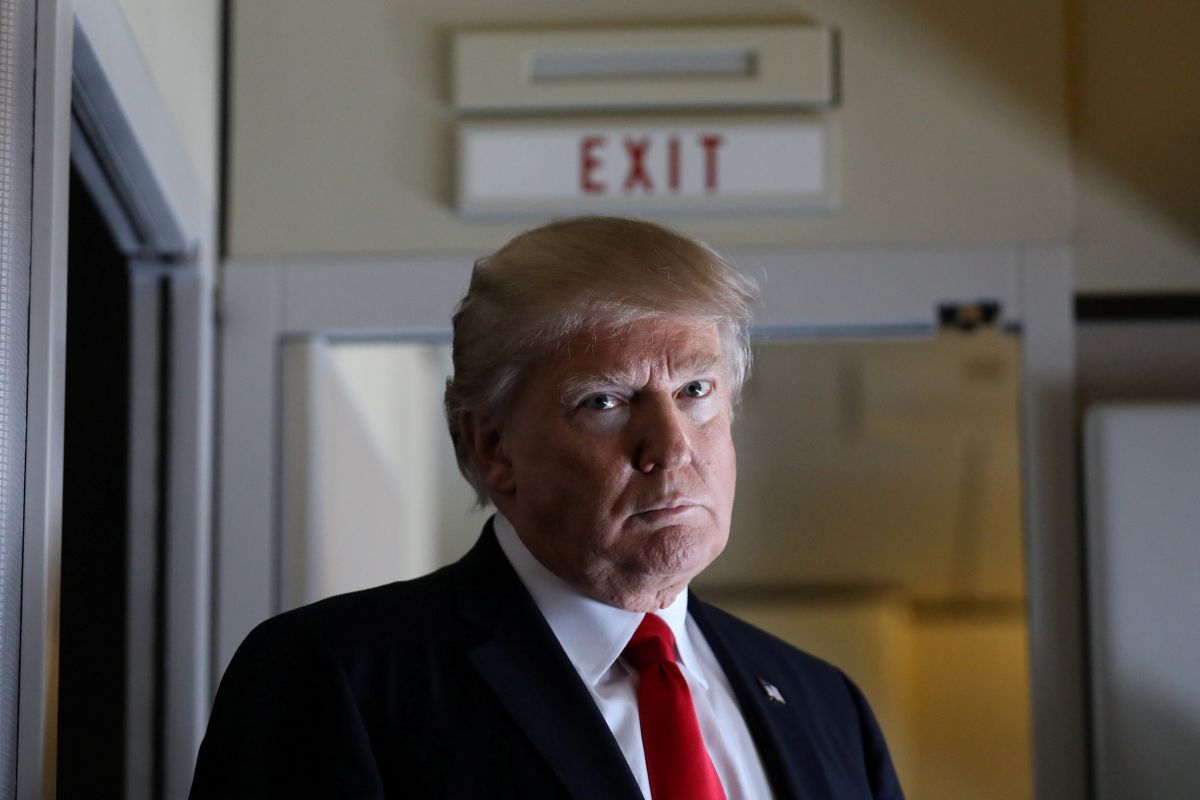
According to news reports, his team contemplates some sort of grand bargain with Vladimir Putin — "help" (although we don't need it and won't receive it) in fighting the Islamic State in return for conceding Russian acquisition of Ukraine and possibly a military base in the Middle East. The notion that Russia is entitled to its "sphere of influence" has been rejected by presidents of both parties since WWII, Jennifer Rubin wrote in an article titled "Why 'spheres of influence' bring war closer" published on February 7.
What the United States rejected during the Cold War (i.e., the inevitability that Russia would hold Eastern Europe captive) presidents of both parties also rejected after the Berlin Wall fell. President George H.W. Bush's commitment to a "Europe whole and free" has been a mainstay of American foreign policy and an expression of our most deeply held values — the right of self-determination, respect for human rights and the determination to prevent a repeat of the cataclysmic world wars of the 20th century.
Robert Kagan, in arguably the most important foreign policy analysis since Trump's rise to power, explains the futility of a spheres of influence policy when dealing with revisionist powers like Russia and China, which seek to rewrite the maps of their regions and decline to accept the very idea of independent nation states.
Read alsoThe Daily Beast: U.S. preps for infowar on Russia"Granting the revisionist powers spheres of influence is not a recipe for peace and tranquility but rather an invitation to inevitable conflict. Russia's historical sphere of influence does not end in Ukraine. It begins in Ukraine. It extends to the Baltic States, to the Balkans, and to the heart of Central Europe. And within Russia's traditional sphere of influence, other nations do not enjoy autonomy or even sovereignty. There was no independent Poland under the Russian Empire nor under the Soviet Union. For China to gain its desired sphere of influence in East Asia will mean that, when it chooses, it can close the region off to the United States — not only militarily but politically and economically, too," Kagan said.
Prevention of Russian aggression for 70 years has incorporated the pre-WWII lesson that it is best to stop aggressors when they are weak and at the beginning of their international quests than when they are strong and have already acquired territory.
Trump and his apologists pretend that without the United States the status quo will hold. In their reckoning we are carrying allies on our back for no reason and deriving no benefit. Kagan reminds us what utter folly this is.
"For the United States to accept a return to spheres of influence would not calm the international waters. It would merely return the world to the condition it was in at the end of the 19th century, with competing great powers clashing over inevitably intersecting and overlapping spheres. These unsettled, disordered conditions produced the fertile ground for the two destructive world wars of the first half of the 20th century. The collapse of the British-dominated world order on the oceans, the disruption of the uneasy balance of power on the European continent as a powerful unified Germany took shape, and the rise of Japanese power in East Asia all contributed to a highly competitive international environment in which dissatisfied great powers took the opportunity to pursue their ambitions in the absence of any power or group of powers to unite in checking them. The result was an unprecedented global calamity and death on an epic scale. It has been the great accomplishment of the U.S.-led world order in the 70 years since the end of World War II that this kind of competition has been held in check and great power conflicts have been avoided. It will be more than a shame if Americans were to destroy what they created — and not because it was no longer possible to sustain but simply because they chose to stop trying," Kagan stressed.
If the GOP now swallows and even encourages such thinking under some condescending notion that "real," Jacksonian-spirited Americans are somehow noble in their rejection of the international order and the sacrifices required to sustain it and somehow wise in their myopic conviction that we can survive and prosper without concern for the freedom and security of faraway countries of whom we know nothing, then the party of Ronald Reagan becomes the opponent of all free peoples, the enemy of values-based foreign policy and the 21st-century counterpart to 20th-century Soviet apologists who also were willing to concede half a continent to the jackbooted thugs in Moscow. In short, they will become what they despised.

